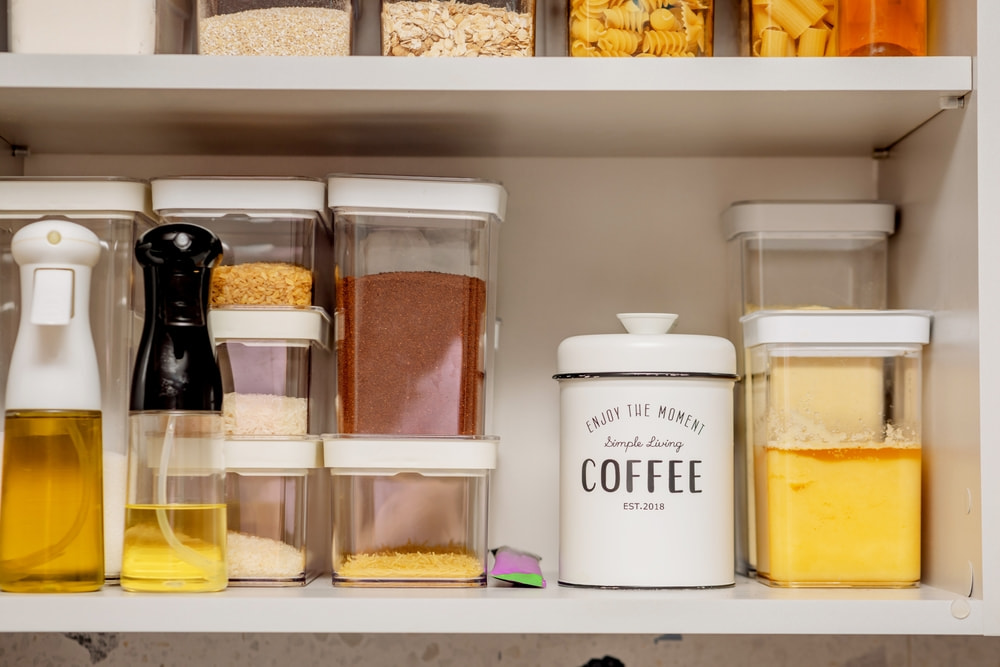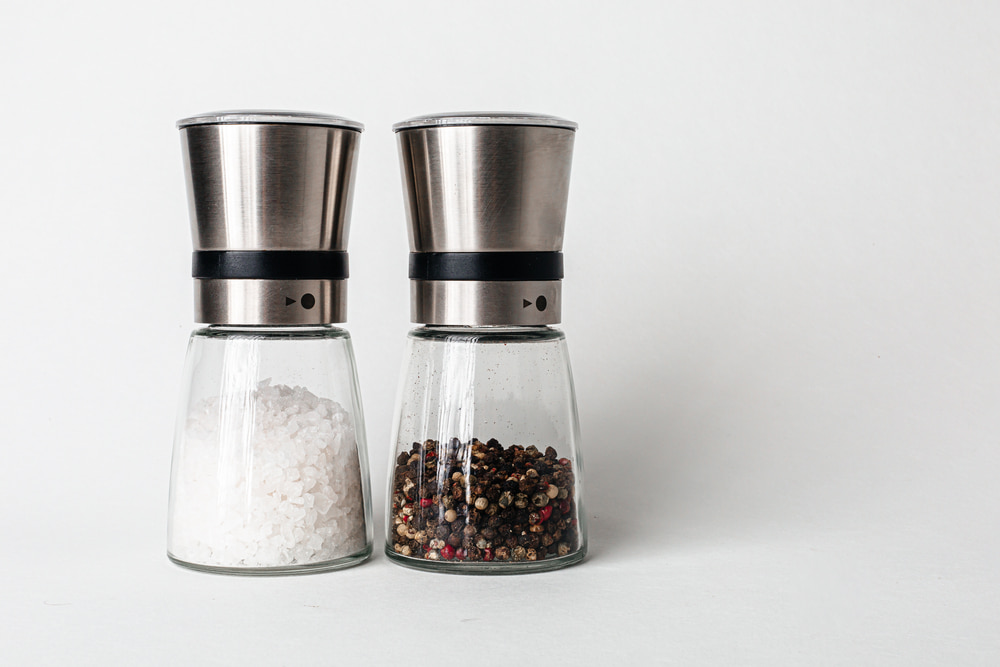Professional Chef's Guide to Storing Cooking Ingredients
Sugar, fish sauce, salt, soy sauce, pepper, and various other seasonings are essential weapons in every food lover's arsenal. But have you ever experienced returning to your kitchen after a long break, only to find ants crawling all over your sugar jar or salt clumping into unusable chunks? If you want to maintain your kitchen seasonings in optimal condition while preserving their quality and taste, here's a comprehensive guide on proper storage techniques.

1. Keep Away from Direct Sunlight
Sunlight is a major enemy of seasonings and condiments, especially intense direct sunlight. It can deteriorate the color, flavor, and quality of your ingredients. Store your seasonings in enclosed cabinets or shelving units that are completely shielded from sunlight. This ensures your ingredients maintain their integrity and flavor profile for extended periods.
2. Avoid High-Humidity Areas
Moisture is another factor that can significantly impact the quality of your seasonings. Store ingredients in dry areas with good ventilation, and avoid placing them near gas stoves, sinks, or areas with standing water. Powdered ingredients like salt, sugar, and seasoning powders are particularly susceptible to moisture and can form clumps, rendering them unusable.
3. Choose Airtight or Vacuum-Sealed Containers
When it comes to storage containers, opt for airtight or vacuum-sealed options. If you purchase seasonings in bags, transfer them to containers with tight-fitting lids. This helps protect against moisture, ants, and other insects. Various container options are available:
*Glass Jars:** Ideal for liquids such as light soy sauce, oyster sauce, and fish sauce
*Plastic Containers:** Perfect for powdered seasonings, salt, pepper, and pasta
*Vacuum-Sealed Containers:** Excellent for maintaining ingredient quality over extended periods
4. Refrigerate Certain Ingredients
Some seasonings require refrigeration to maintain their quality, particularly those containing eggs or dairy, such as mayonnaise and creamy salad dressings. However, ingredients high in acid or salt content act as natural preservatives and don't require refrigeration, including soy sauce, fish sauce, and vinegar. When in doubt, always check the label instructions for proper storage guidelines.

5. Clean Container Surfaces After Each Use
To maintain the quality and original taste of your seasonings, always clean the container surfaces after each use. This prevents moisture buildup and deters ants effectively. Additionally, promptly close containers after use, as exposure to air, bacteria, and other microorganisms can trigger reactions that affect flavor quality.
6. Purchase Appropriate Quantities
While not strictly a storage tip, buying appropriately sized portions significantly impacts ingredient quality. Match your purchase quantities to your usage patterns to avoid storing seasonings for excessive periods. Many ingredients can deteriorate in quality and taste over extended storage periods.
---
Keep your kitchen ingredients organized and easily accessible while maintaining their quality. For optimal storage solutions, consider KIOSK's range of wall-mounted cabinets, featuring various styles that combine aesthetics with functionality while maximizing kitchen space. Browse and purchase conveniently through our website 24/7.
